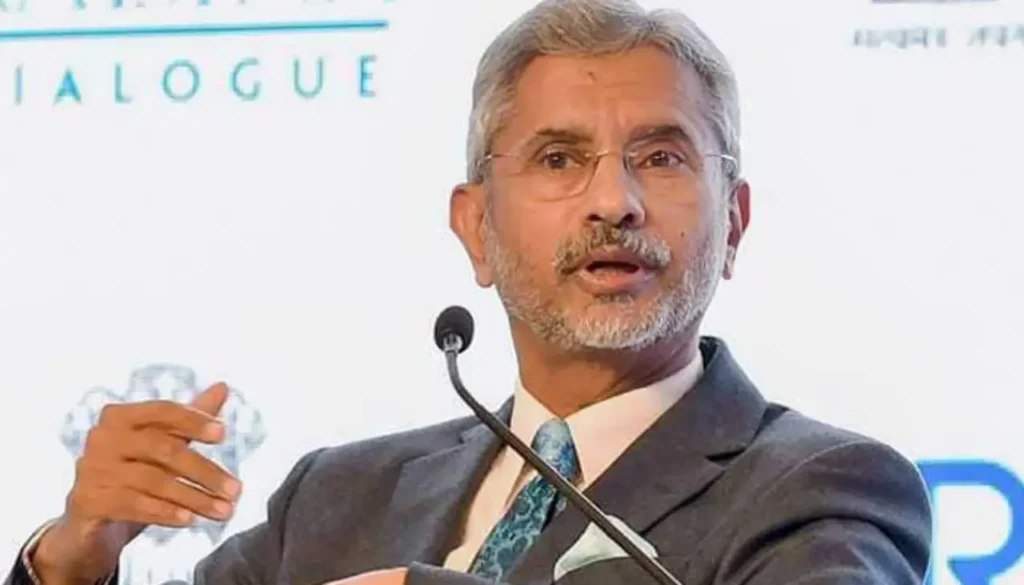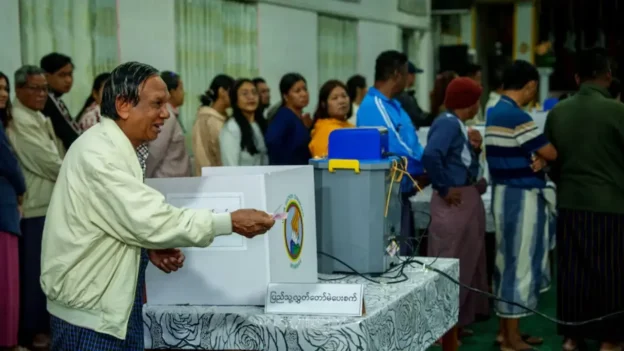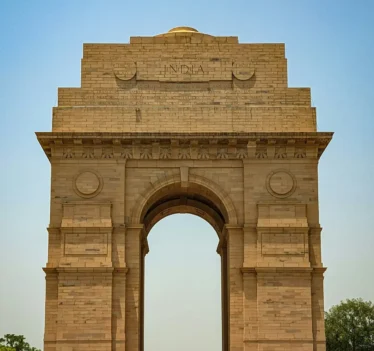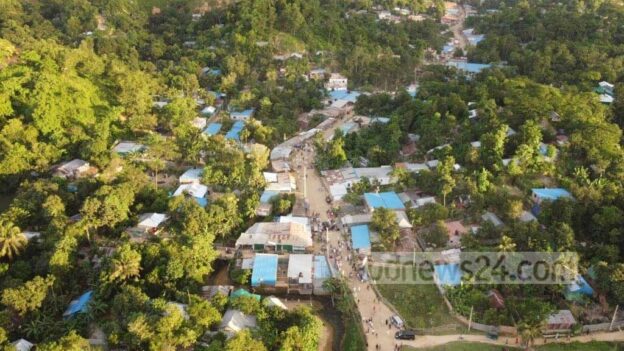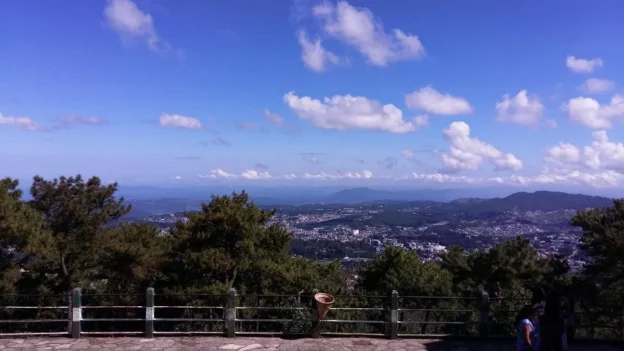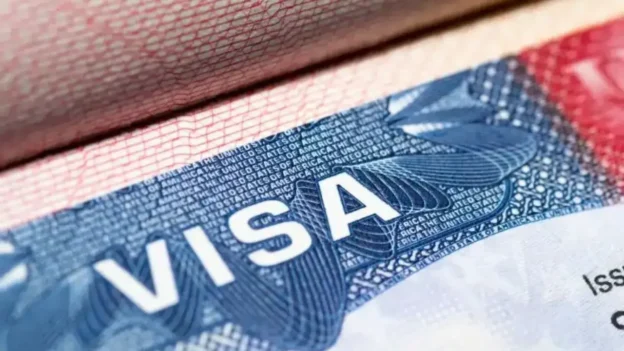The Ministry of External Affairs (MEA) recently dismissed allegations made by the Bangladesh government that New Delhi was supporting the ousted Prime Minister Sheikh Hasina’s party. Terming the claims “misplaced,” the ministry clarified that India does not permit political activities directed against other countries from its soil. A spokesperson also stated that the government was not aware of any anti-Bangladesh activities by members of the Awami League operating in India. At the same time, he reiterated New Delhi’s expectation of free, fair, and inclusive elections in Bangladesh at the earliest to reflect the true will of its people.
The episode comes a year after Sheikh Hasina was ousted following a mass uprising in Bangladesh, forcing her to take refuge in India at short notice. Few had imagined that the daughter of Bangabandhu Sheikh Mujibur Rahman would remain in India for months. While the Indian government has not formally announced that Hasina has been granted official asylum, her passport was suspended by the interim administration in Dhaka. The Muhammad Yunus-led caretaker government continues to press for her deportation to face trial in Bangladesh, where hundreds of police complaints have been filed against her.
Dhaka’s latest assertions have surprised many in India. The Yunus administration alleged that Hasina’s supporters were not only sheltering in India but even running offices there. A statement issued by Bangladesh’s Ministry of Foreign Affairs on 20 August claimed its attention was drawn to media reports of “offices of the banned political party titled Bangladesh Awami League” being established in Delhi and Kolkata. The statement further alleged that anti-Bangladesh political activities were being conducted from Indian territory. It added that such developments amounted to an “affront” to the people and state of Bangladesh, warning that they could undermine mutual trust between the two countries. Dhaka urged New Delhi to take swift action to halt such activities and shut down any Awami League offices, whether functioning legally or illegally.
At the same time, the caretaker government has moved to limit Hasina’s reach at home. It recently instructed Bangladeshi media outlets not to air or broadcast her messages, accusing the former premier of making false and inflammatory statements. Satellite television channels and digital platforms have been warned of legal consequences if they disregard the order. Earlier, the International Crimes Tribunal had already barred Hasina from making “hate speeches.”
Reports of Awami League “temporary offices” in Kolkata and Delhi, carried by several Bangladeshi media outlets citing a BBC Bangla story, have further stirred tensions. These reports claimed that more than 2,000 Awami League leaders, ministers, retired officials, army and police officers, lawyers, and others were residing in India, mostly on medical or tourist visas. Many of them reportedly met regularly in rented spaces to discuss political issues, with some joining virtually from abroad. On one such occasion, Hasina herself allegedly addressed the gathering, sparking greater concern in Dhaka once the information appeared in the press.
Observers note the irony in Dhaka’s accusations. For decades, India alleged that Bangladeshi authorities had provided shelter and training camps to insurgent groups from the Northeast—ranging from Assam to Tripura and Meghalaya—until most surrendered. These outfits, while long a thorn for India, seldom voiced concerns about Bangladeshi nationals who had crossed into India.
The broader debate has once again brought the issue of illegal migration to the fore. Prime Minister Narendra Modi, in his Independence Day address from the Red Fort on 15 August, warned against infiltration and demographic shifts in border regions, linking them to the rise of undocumented populations. He announced that a high-powered mission would be set up to address the challenge, citing estimates that more than 20 million undocumented Bangladeshis may be residing in India.

